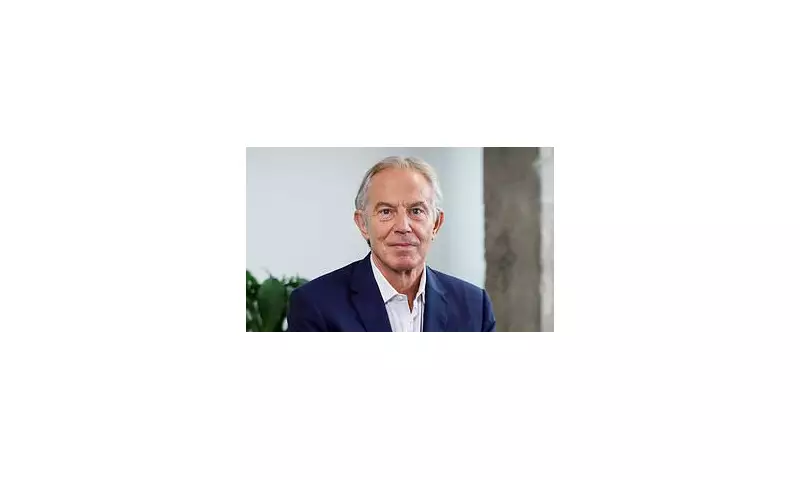
British taxpayers are unknowingly funding Tony Blair's involvement in highly sensitive post-war Gaza planning, according to documents obtained by the Daily Mail. The former Prime Minister has been quietly working with the Foreign Office to establish an interim Palestinian administration, with the costs being covered by the public purse.
Secretive Role in Middle East Politics
Mr Blair, who serves as the executive chairman of the Institute for Global Change, has been operating under a "memorandum of understanding" with the Foreign, Commonwealth and Development Office. This arrangement has allowed him to maintain a diplomatic role in the region long after leaving his official position as Middle East peace envoy.
The revelation comes at a particularly sensitive time, as international discussions intensify about Gaza's future governance following the recent conflict. Critics are questioning why a former Labour leader continues to wield such influence in foreign policy matters, with his involvement remaining largely out of public view.
Taxpayer-Funded Diplomacy Raises Eyebrows
The financial arrangements have sparked concern among transparency advocates and political opponents alike. While the exact amount of public money involved hasn't been disclosed, the mere fact that taxpayers are funding a former prime minister's political activities has drawn sharp criticism.
One Whitehall source expressed unease about the situation, noting that Blair's continued involvement creates "awkwardness" within diplomatic circles. The lack of clear public information about the scope and cost of his work has only heightened concerns about accountability.
Historical Context and Ongoing Controversy
Mr Blair's relationship with Middle Eastern politics has been contentious since his time in office, particularly regarding the Iraq War. His continued involvement in the region through this taxpayer-funded role has reignited debates about his political legacy and ongoing influence.
The Foreign Office has defended the arrangement, stating that Mr Blair provides "valuable advice and analysis" on Middle Eastern affairs. However, they've remained tight-lipped about the specific nature of his work on Gaza's political future or the financial details of their understanding.
This development raises fundamental questions about transparency in government spending and the appropriate role for former prime ministers in shaping active foreign policy. As discussions about Gaza's governance continue, the British public remains largely unaware of their financial contribution to these sensitive political negotiations.





